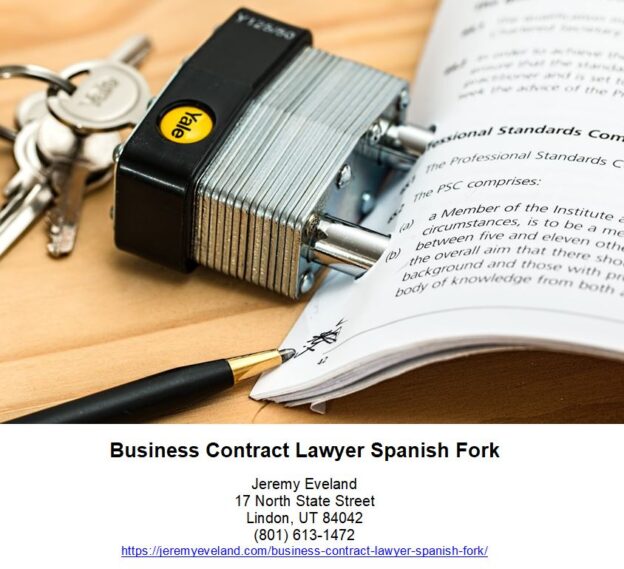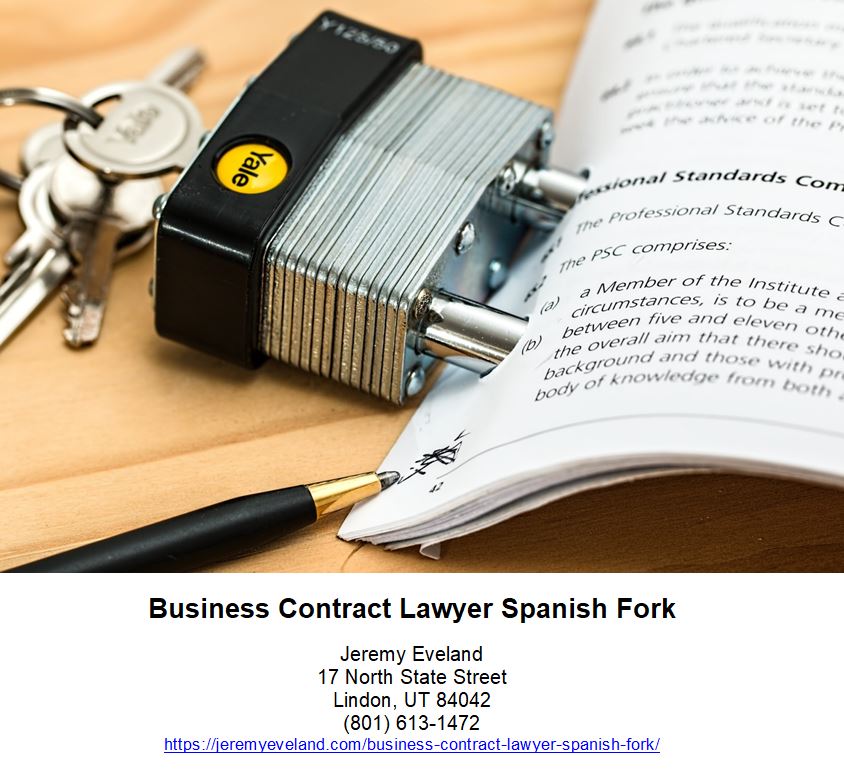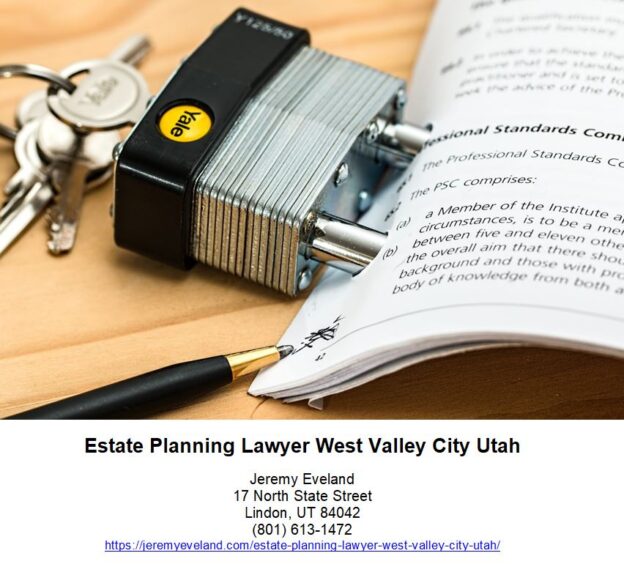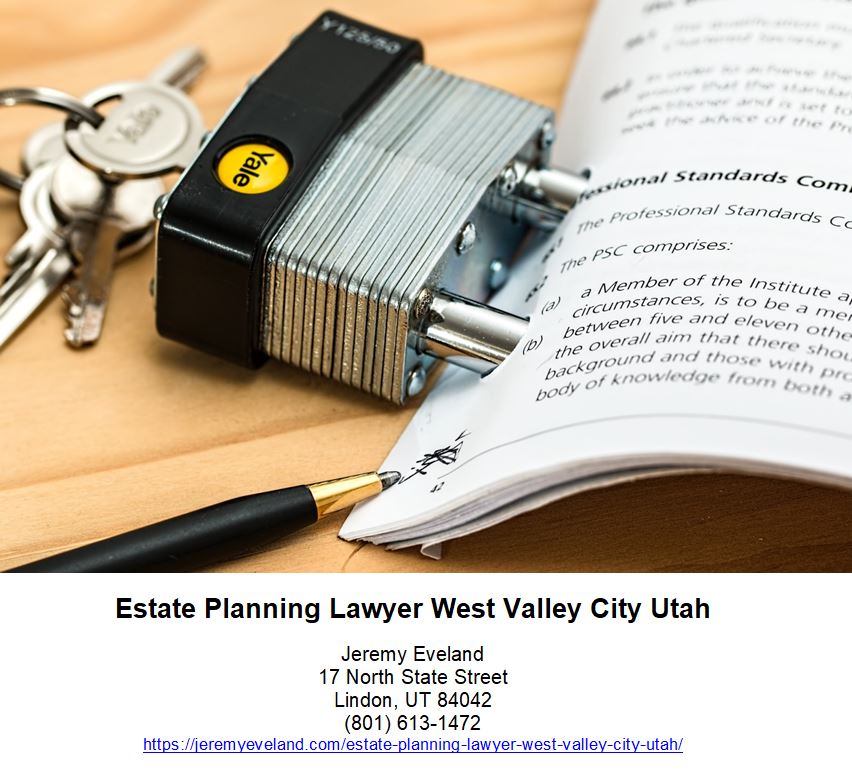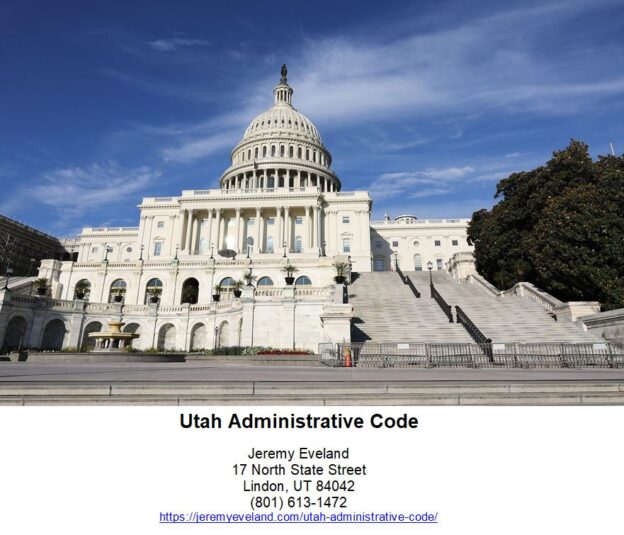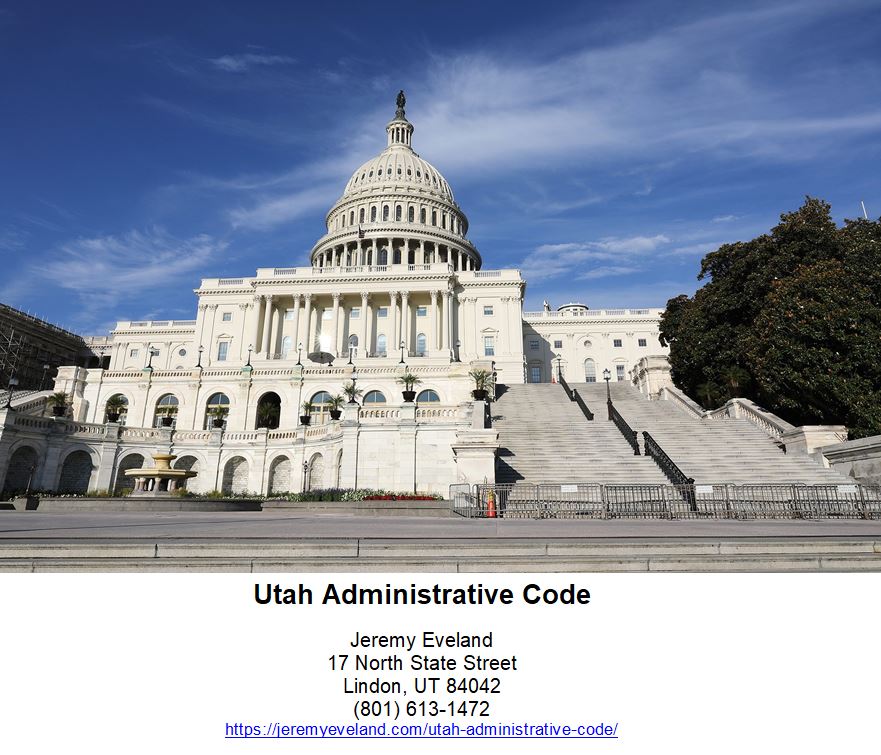-
Table of Contents
- What It Takes to Become a Successful Corporate Attorney in Riverton, Utah
- The Benefits of Working as a Corporate Attorney in Riverton, Utah
- How to Develop the Skills Needed to Become a Corporate Attorney in Riverton, Utah
- Understanding the Different Areas of Corporate Law in Riverton, Utah
- What to Expect When Working as a Corporate Attorney in Riverton, Utah
What It Takes to Become a Successful Corporate Attorney in Riverton, Utah
Becoming a successful corporate attorney in Riverton, Utah requires a combination of education, experience, and dedication.
Education
The first step to becoming a successful corporate attorney in Riverton, Utah is to obtain a Juris Doctor (JD) degree from an accredited law school. After completing a bachelor’s degree, prospective attorneys must take the Law School Admission Test (LSAT) and apply to law school. During law school, students should focus on courses related to corporate law, such as business organizations, securities regulation, and mergers and acquisitions.
Experience
Once a JD degree is obtained, the next step is to gain experience in the field. This can be done through internships, clerkships, or working as a paralegal. Working in a corporate law firm or with a corporate legal department is also beneficial. This experience will help to develop the skills necessary to become a successful corporate attorney.
Dedication
Finally, dedication is essential to becoming a successful corporate attorney in Riverton, Utah. Corporate attorneys must be willing to put in the time and effort to stay up-to-date on the latest legal developments and to stay ahead of the competition. They must also be willing to work long hours and be available to their clients when needed.
By combining education, experience, and dedication, a prospective corporate attorney in Riverton, Utah can become a successful corporate attorney. With the right combination of these three elements, a corporate attorney can build a successful career in the field.
The Benefits of Working as a Corporate Attorney in Riverton, Utah
Riverton, Utah is an ideal location for corporate attorneys to practice their profession. The city is home to a number of large businesses and corporations, providing ample opportunity for corporate attorneys to find work. Additionally, the city is located in a prime location, with easy access to Salt Lake City and other major cities in the region.
One of the primary benefits of working as a corporate attorney in Riverton, Utah is the opportunity to work with a variety of clients. The city is home to a diverse range of businesses, from small startups to large corporations. This provides corporate attorneys with the opportunity to gain experience in a variety of legal areas, such as contract law, corporate governance, and intellectual property.
Another benefit of working as a corporate attorney in Riverton, Utah is the opportunity to work with a variety of legal professionals. The city is home to a number of law firms, providing corporate attorneys with the opportunity to network and collaborate with other legal professionals. This can be beneficial for corporate attorneys, as it allows them to gain insight into different legal areas and build relationships with other legal professionals.
Finally, working as a corporate attorney in Riverton, Utah provides corporate attorneys with the opportunity to work in a supportive and welcoming environment. The city is home to a number of legal professionals, providing corporate attorneys with the opportunity to build relationships and collaborate with other legal professionals. Additionally, the city is home to a number of resources and organizations that can provide corporate attorneys with support and guidance.
Overall, working as a corporate attorney in Riverton, Utah provides corporate attorneys with a number of benefits. The city is home to a variety of businesses and corporations, providing corporate attorneys with the opportunity to gain experience in a variety of legal areas. Additionally, the city is home to a number of legal professionals, providing corporate attorneys with the opportunity to network and collaborate with other legal professionals. Finally, the city is home to a number of resources and organizations that can provide corporate attorneys with support and guidance.
How to Develop the Skills Needed to Become a Corporate Attorney in Riverton, Utah
Becoming a corporate attorney in Riverton, Utah requires a combination of legal knowledge, professional experience, and specialized skills. To develop the skills needed to become a corporate attorney in Riverton, Utah, individuals should pursue a Juris Doctor (JD) degree from an accredited law school, gain relevant experience, and develop the necessary skills.
First, individuals should pursue a Juris Doctor (JD) degree from an accredited law school. A JD degree is the minimum educational requirement for becoming a corporate attorney in Riverton, Utah. During law school, individuals should focus on courses related to corporate law, such as business organizations, securities regulation, and mergers and acquisitions. Additionally, individuals should take advantage of any opportunities to gain practical experience, such as internships or externships.
Second, individuals should gain relevant experience. After graduating from law school, individuals should seek out opportunities to gain experience in corporate law. This could include working as a law clerk for a corporate law firm, or volunteering with a legal aid organization that specializes in corporate law. Additionally, individuals should consider joining professional organizations related to corporate law, such as the American Bar Association’s Corporate Law Section.
Finally, individuals should develop the necessary skills. Corporate attorneys must possess strong analytical and problem-solving skills, as well as excellent communication and interpersonal skills. Additionally, corporate attorneys must be able to think strategically and have a thorough understanding of the legal and business aspects of corporate law. To develop these skills, individuals should take advantage of any available training opportunities, such as continuing legal education courses or seminars.
By pursuing a JD degree from an accredited law school, gaining relevant experience, and developing the necessary skills, individuals can develop the skills needed to become a corporate attorney in Riverton, Utah.
Understanding the Different Areas of Corporate Law in Riverton, Utah
Corporate law in Riverton, Utah is an important area of law that governs the formation, operation, and dissolution of corporations. It is important for businesses to understand the different areas of corporate law in order to ensure compliance with the law and to protect their interests.
Formation: The formation of a corporation in Riverton, Utah requires filing articles of incorporation with the Utah Division of Corporations. The articles of incorporation must include the name of the corporation, the purpose of the corporation, the number of shares of stock that the corporation is authorized to issue, and the names and addresses of the incorporators. The articles of incorporation must also be signed by the incorporators and filed with the Division of Corporations.
Operation: Once a corporation is formed, it must comply with the laws of Riverton, Utah. This includes filing annual reports with the Division of Corporations, maintaining corporate records, and holding annual meetings of shareholders. Additionally, corporations must comply with the laws governing corporate governance, such as the Utah Business Corporation Act.
Dissolution: When a corporation is no longer needed, it must be dissolved in accordance with the laws of Riverton, Utah. This includes filing a certificate of dissolution with the Division of Corporations and paying any outstanding taxes or fees. Additionally, the corporation must distribute any remaining assets to its shareholders and creditors.
These are the main areas of corporate law in Riverton, Utah. It is important for businesses to understand these areas in order to ensure compliance with the law and to protect their interests. If you have any questions about corporate law in Riverton, Utah, it is important to consult with an experienced corporate attorney.
What to Expect When Working as a Corporate Attorney in Riverton, Utah
Working as a corporate attorney in Riverton, Utah can be a rewarding and challenging experience. Riverton is a growing city with a diverse population and a vibrant business community. As a corporate attorney, you will be responsible for providing legal advice and services to businesses in the area.
Your primary duties will include drafting and reviewing contracts, providing legal advice to clients, and representing clients in court. You will also be responsible for researching and interpreting laws and regulations, as well as advising clients on legal matters.
In order to be successful in this role, you must have excellent communication and organizational skills. You should also be knowledgeable about the laws and regulations that govern businesses in the area. Additionally, you should be familiar with the local court system and have a good understanding of the legal process.
You will need to be able to work independently and be able to handle multiple tasks at once. You should also be able to work well with clients and other attorneys.
The salary for a corporate attorney in Riverton, Utah will vary depending on experience and qualifications. Generally, salaries range from $60,000 to $120,000 per year.
Working as a corporate attorney in Riverton, Utah can be a rewarding and challenging experience. With the right skills and qualifications, you can make a positive impact on the business community in the area.
Corporate Attorney near Riverton Utah Consultation
When you need help from a Corporate Attorney in Riverton Utah call Jeremy D. Eveland, MBA, JD (801) 613-1472 for a consultation.
Jeremy Eveland
17 North State Street
Lindon UT 84042
(801) 613-1472
Related Posts
Do I Need A Board of Directors?
Estate Planning Lawyer West Valley City Utah




